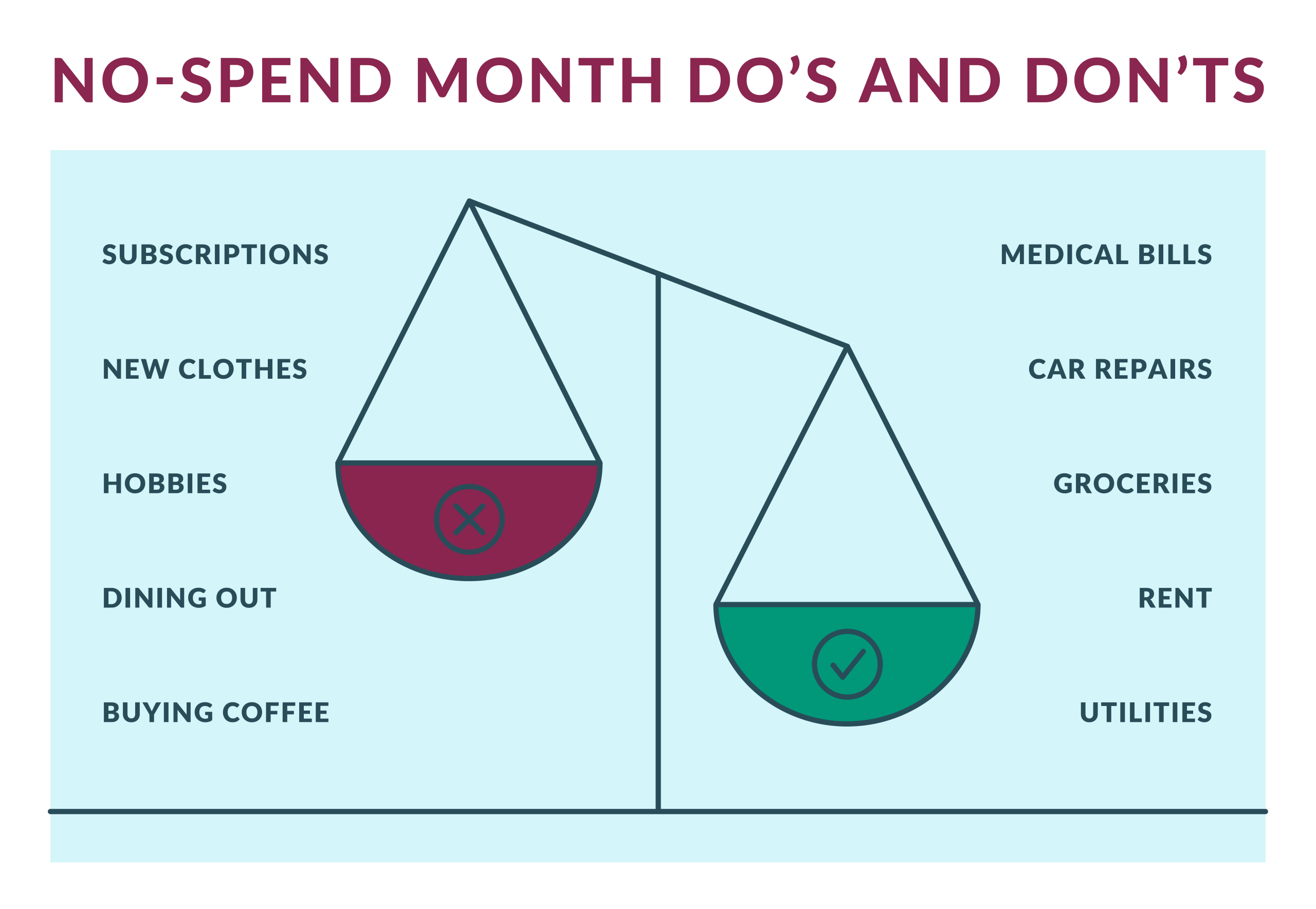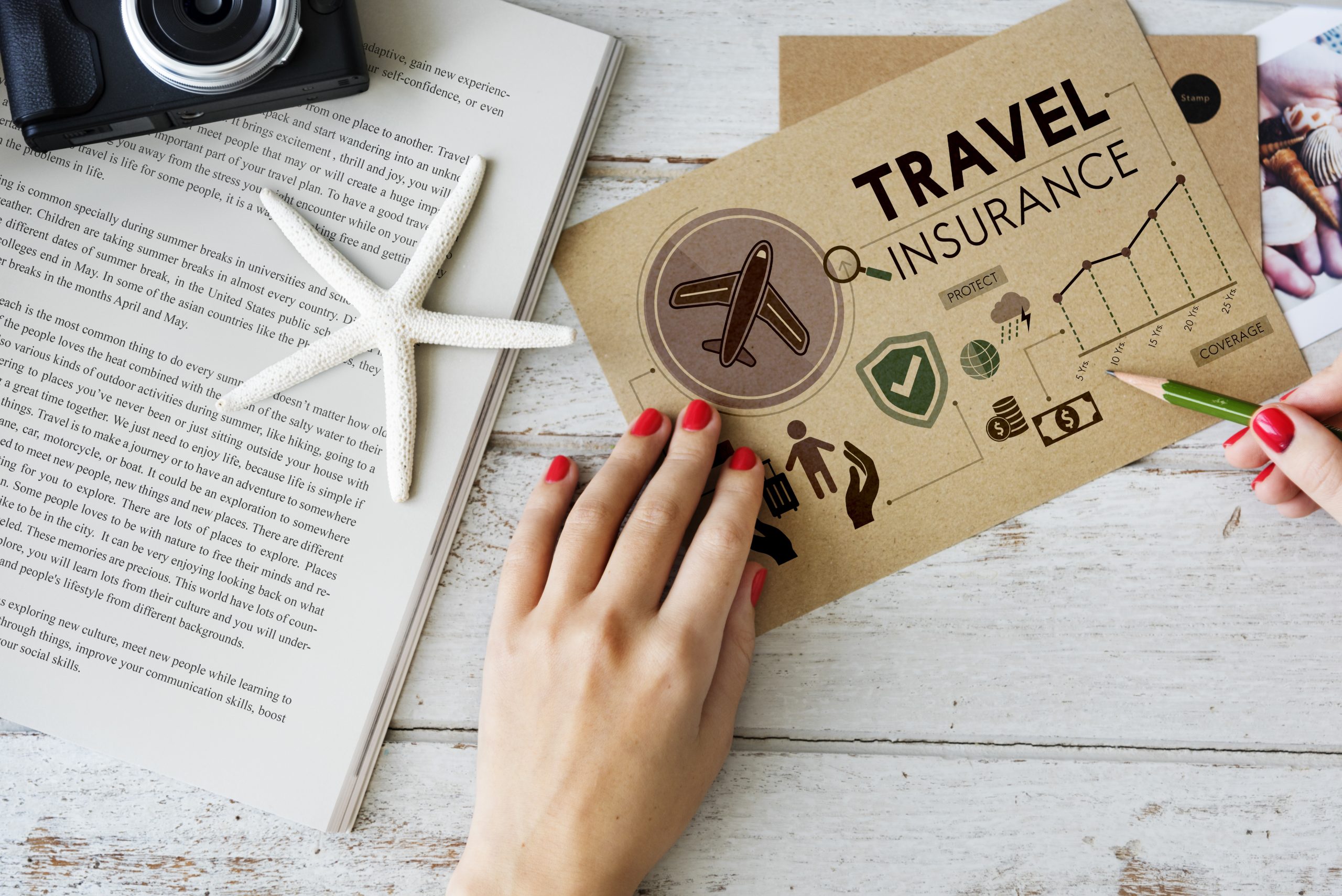Anúncios
In a world marked by economic uncertainties and personal emergencies, financial security has become a fundamental pillar for families’ stability and well-being.
One of the most effective instruments to ensure this security is the emergency fund.
This financial resource, reserved exclusively for unexpected situations, can be the difference between facing a crisis calmly or plunging into debt and stress.
In this article, we will show the importance of an emergency fund and how you can set one up. Read on and find out more.
What is an emergency fund?
An emergency fund is a financial reserve intended to cover unexpected expenses and crisis situations.
This amount of money is kept in a separate and easily accessible account, ensuring that, in times of need, you can turn to it without complications or penalties.
Unlike other savings, such as those for vacations or long-term investments, the emergency fund is specifically designed for unforeseen events that can have a significant impact on your personal finances.
Why have an emergency fund?
Creating and maintaining an emergency fund is crucial to ensuring financial stability and peace of mind in times of unexpected events.
Safety net
An emergency fund provides a safety net against unforeseen events that can significantly impact your finances.
Unexpected medical expenses, urgent home or car repairs, and job loss are just some of the situations that may require a considerable amount of money quickly.
Without this reserve, you may find yourself in a precarious financial situation, forced to resort to loans or lines of credit with high interest rates.
Moreover, knowing that you have an emergency fund available can significantly reduce the stress and anxiety associated with unexpected financial problems.
The security of having a financial cushion for emergencies improves your mental and emotional well-being, allowing you to deal with crises more calmly and rationally.
Without an emergency fund, you may need to rely on debt to cover unforeseen expenses.
This may include using credit cards, personal loans, or other forms of credit, which often have high interest rates.
Accumulating debt in this way can lead to a difficult-to-break cycle of debt, compromising your long-term financial health.
Quality of life and flexibility
An emergency fund also helps maintain your quality of life during financial crises.
It allows you to continue paying your bills and sustaining your basic needs without having to make drastic sacrifices.
This is especially important during periods of unemployment when a lack of income can severely affect your ability to cover essential expenses.
Having an emergency fund also provides greater financial flexibility.
It allows you to make important decisions without the immediate pressure of financial problems.
For example, if you need to change jobs or decide to go back to school, an emergency fund can provide the necessary financial support to make these transitions smoother.
In times of crisis, you may be forced to sell investments at unfavorable prices if you do not have an emergency fund. This can result in significant financial losses.
An emergency fund ensures that you do not need to liquidate your investments prematurely, allowing them to continue growing and providing long-term returns.
Therefore, having an emergency fund is a crucial preventive measure for any solid financial planning.
It protects you against life’s uncertainties, helps avoid burdensome debts, and maintains your financial and emotional stability in times of crisis.
Understand how much to save in an emergency fund
Determining the appropriate amount to save in an emergency fund is a fundamental step to ensure the effectiveness of this financial resource.
The first step in determining the amount of your emergency fund is to calculate your monthly expenses.
This includes essential expenses such as housing, food, transportation, utility bills, and other fixed expenses. If possible, also consider variable expenses, such as entertainment and personal care.
A general rule is to save between three to six months’ worth of monthly expenses as an emergency reserve.
However, this goal may vary depending on individual factors, such as the stability of your job, health, and other personal circumstances.
As your financial situation changes over time, it is important to review and adjust your emergency fund goal as needed.
If your expenses increase, if you experience a significant change in your income, or if you face new financial responsibilities, you may need to increase the amount saved.
If the initial goal seems daunting, start by saving what you can, even if it’s a small amount.
The important thing is to be consistent and disciplined. As you get used to living on a tight budget and find ways to save more, you can gradually increase your contributions to the emergency fund.
Tips for creating your emergency fund
Now that you understand the importance of an emergency fund, here are the main tips for creating yours!
Create a budget
The first step is to understand your finances. Take stock of all your monthly expenses, including fixed bills, variable expenses, and discretionary spending.
This will help you identify areas where you can cut expenses and allocate more money to your emergency fund.
Set a goal
Set a clear goal for your emergency fund. Determine how much you want to save based on your monthly expenses and your overall financial situation.
A common goal is to save between three to six months’ worth of expenses, but you can adjust it according to your needs and circumstances.
Set up automatic deposit
Set up an automatic deposit to transfer a fixed amount to your emergency fund every time you receive your salary.
Automating your savings is an effective way to ensure that you are constantly contributing to the fund without needing to remember or make transfers manually.
Check out tips from the best budgeting apps!
Save windfalls
In addition to regularly contributing a portion of your salary, use unexpected windfalls, such as bonuses, tax refunds, or financial gifts, to boost your emergency fund.
Instead of spending this extra money, immediately direct it to your emergency reserve.
Evaluate and adjust contributions
Periodically review your progress towards your emergency fund goal. If you find that you are saving more than necessary, it may be tempting to redirect those funds to other purposes.
However, it is important to stay committed to your initial goal and resist the temptation to divert resources from the emergency fund.
Similarly, if your circumstances change, such as an increase in expenses or a decrease in income, adjust your contributions as needed to ensure that you stay on track to reach your goal.
Creating an emergency fund requires discipline, but the benefits of having a financial reserve to deal with unexpected events are worth the effort.
Continue on our page for more amazing financial tips.






